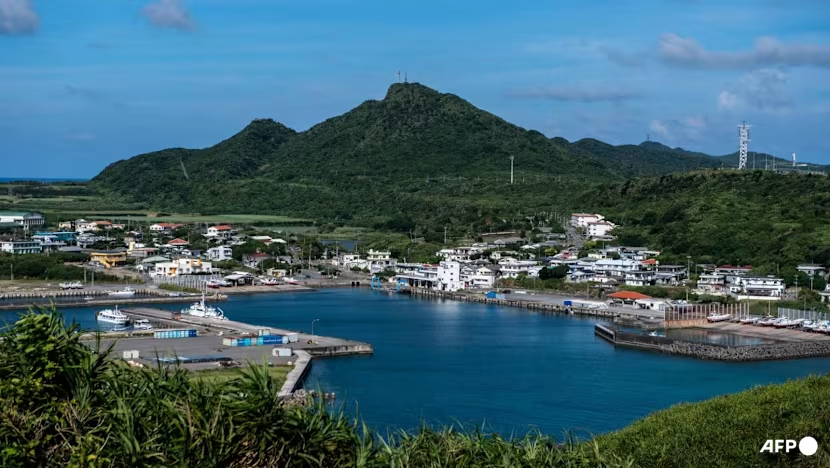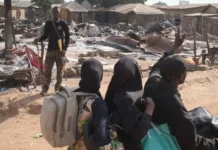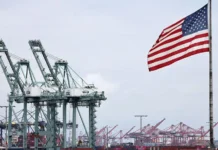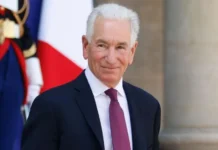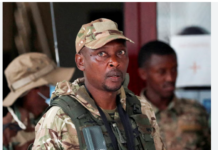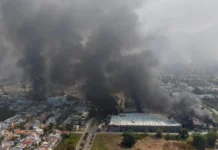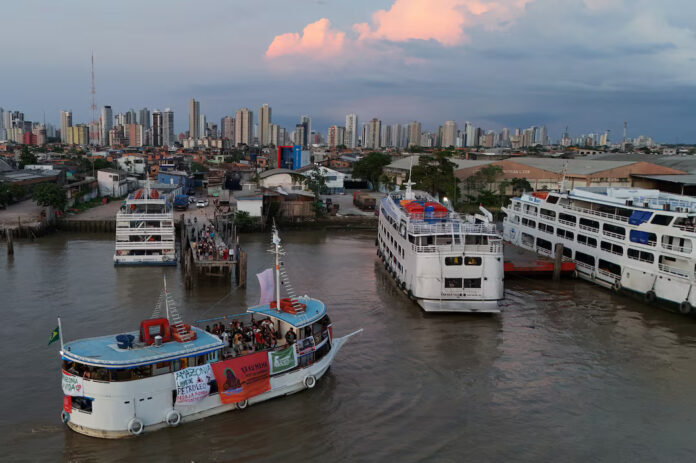
After a month-long journey from the icy peaks of the Andes to the tropical banks of Brazil’s Amazon River, dozens of Indigenous leaders arrived in Belem on Sunday, one day before the opening of the United Nations COP30 climate summit.
Their arrival marked both a symbolic and urgent call for greater recognition of Indigenous rights and leadership in global climate policy.
Traveling aboard a wooden boat nicknamed Yaku Mama (“Water Mother”), around 60 Indigenous representatives from across Latin America completed their expedition, which began at a glacier in the Andes.
Their mission: to demand a stronger voice in decisions affecting their ancestral territories amid intensifying threats from mining, oil drilling, and deforestation.
“We want to achieve more than just guaranteeing money or financing,” said Lucia Ixchiu, an Indigenous K’iche leader from Guatemala. “We want to reach a consensus where Indigenous territories are no longer sacrificed.”
The delegation’s arrival was met with celebration on Belem’s riverbanks. The group performed a ceremonial offering of candles, chants, seeds, sweets, coca leaves, and a llama fetus, a traditional Andean ritual honoring Mother Earth.
Along their 30-day route through Peru, Colombia, Ecuador, and Brazil, the leaders held symbolic actions and community workshops. In Coca, Ecuador, they staged a “funeral for fossil fuels.” In Manaus, Brazil, they organized film screenings and discussions on environmental defense.
Their journey also highlighted the interconnection between the Andes and the Amazon. Nearly half of the Amazon River’s water originates from Andean glaciers, which have lost between 30% and 50% of their ice since the 1980s, according to the 2025 UN World Water Development Report.
A recent study by Earth Insight and the Global Alliance of Territorial Communities found that 17% of Indigenous-managed areas in the Amazon are already under pressure from industrial concessions.
Meanwhile, Global Witness reports that more than 1,690 environmental defenders have been killed or gone missing between 2012 and 2024 across the Amazon basin and other tropical regions.
“Mother Earth isn’t a business,” Ixchiu said. “There are other ways of relating with biodiversity and life that Indigenous peoples have practiced for over 12,000 years.”
Despite the challenges facing global climate negotiations, Ixchiu said she remains hopeful after witnessing the passion of young Indigenous activists who joined the expedition.
This is the COP of the Amazon because we are here, demanding and taking the places that we deserve,” she said.
Source: Reuters
Written By Rodney Mbua









